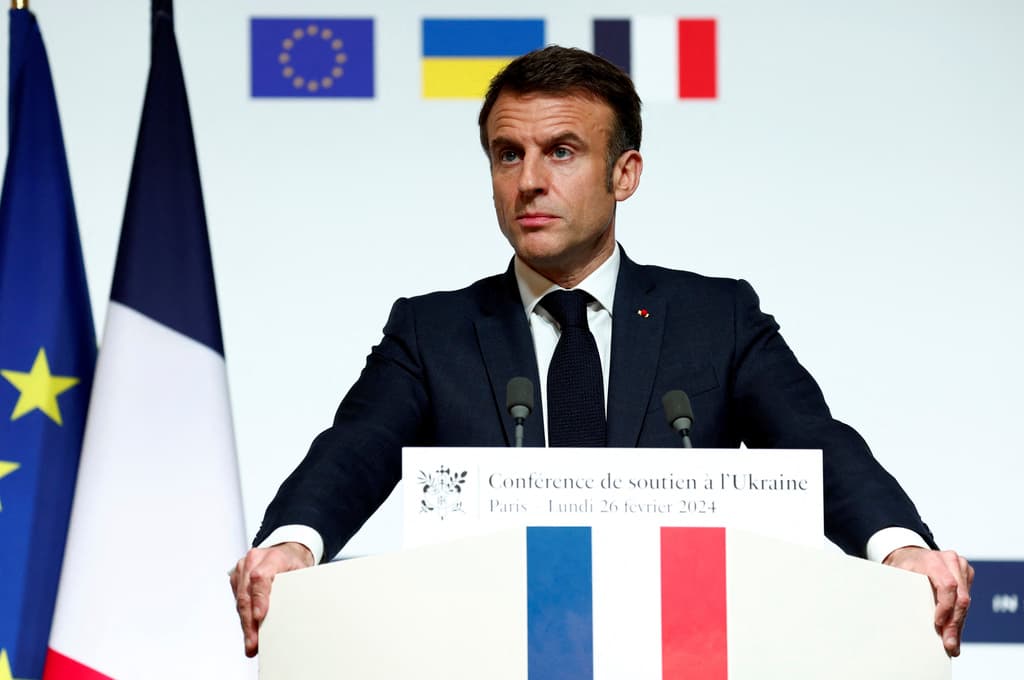On June 6, the 80th Anniversary of D-Day, Will France Surrender to ‘Leftist Islamist Poison’ by Recognizing a Palestinian State?
‘Leftist Islamist poison’ has a nicer ring to it in French, but in terms of Israel’s future the stakes are très high.

French recognition of a Palestinian state may be imminent or, in the spirit of Gallic contrarianism, it might not be. The reason for that is a man named Emmanuel Macron, who seemingly ripped a page out of the Bill Clinton playbook of equivocation last week when he said that he is “completely ready to recognize a Palestinian state” but believes that “that this recognition must come at a useful time.”
Please check your email.
A verification code has been sent to
Didn't get a code? Click to resend.
To continue reading, please select:
Enter your email to read for FREE
Get 1 FREE article
Join the Sun for a PENNY A DAY
$0.01/day for 60 days
Cancel anytime
100% ad free experience
Unlimited article and commenting access
Full annual dues ($120) billed after 60 days

